Sudden Death Syndrome
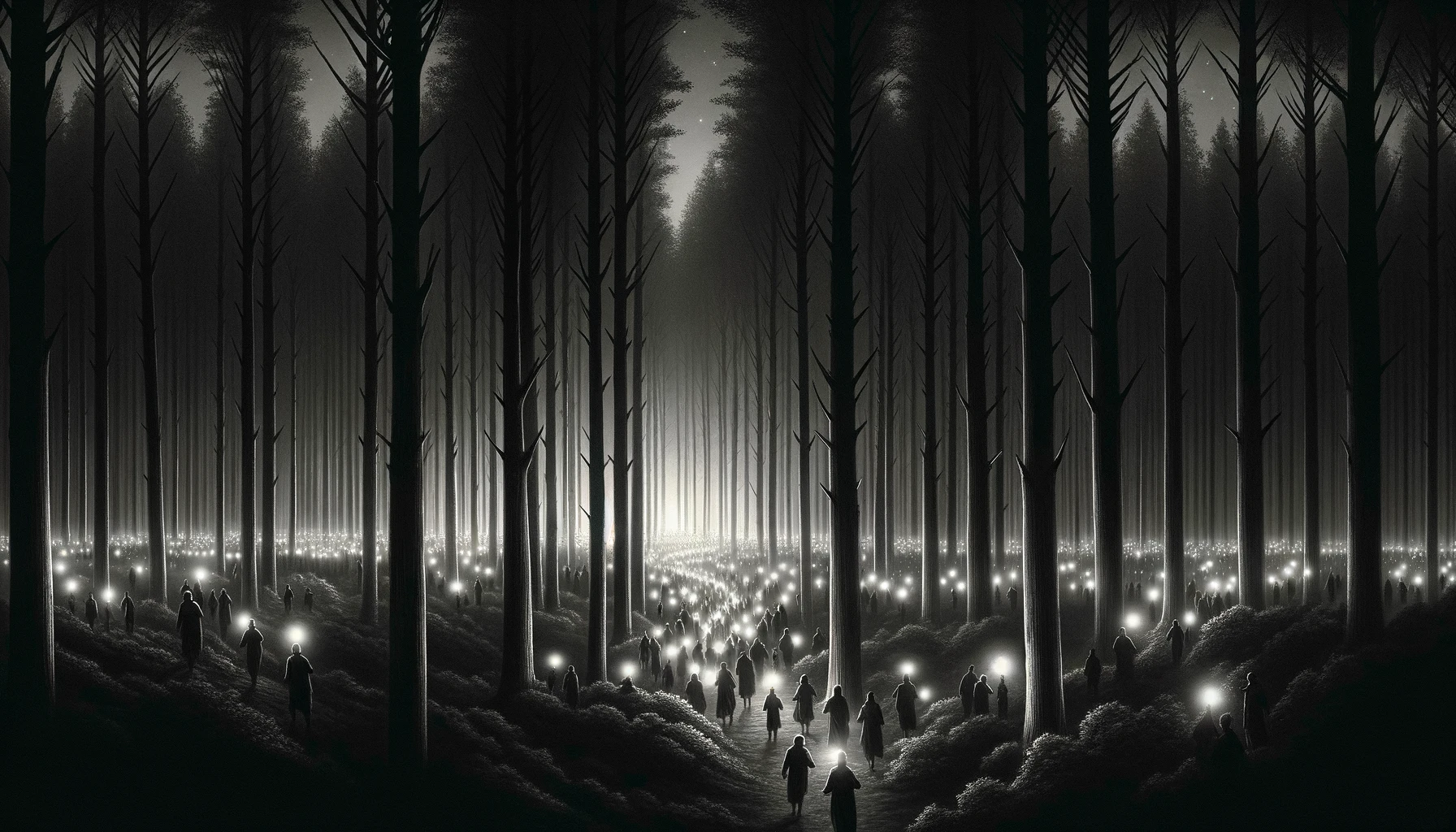
The death of the Russian opposition leader Alexei Navalny reverberated around the world. Navalny was the most outspoken critic of Putin’s regime and a political prisoner in Russia. He served his sentence on charges of extremism in the Polar Wolf prison, one of the harshest Russian prisons in western Siberia. The circumstances surrounding Navalny’s death […]
The Two-Year Anniversary of the Russian Aggression on Ukraine
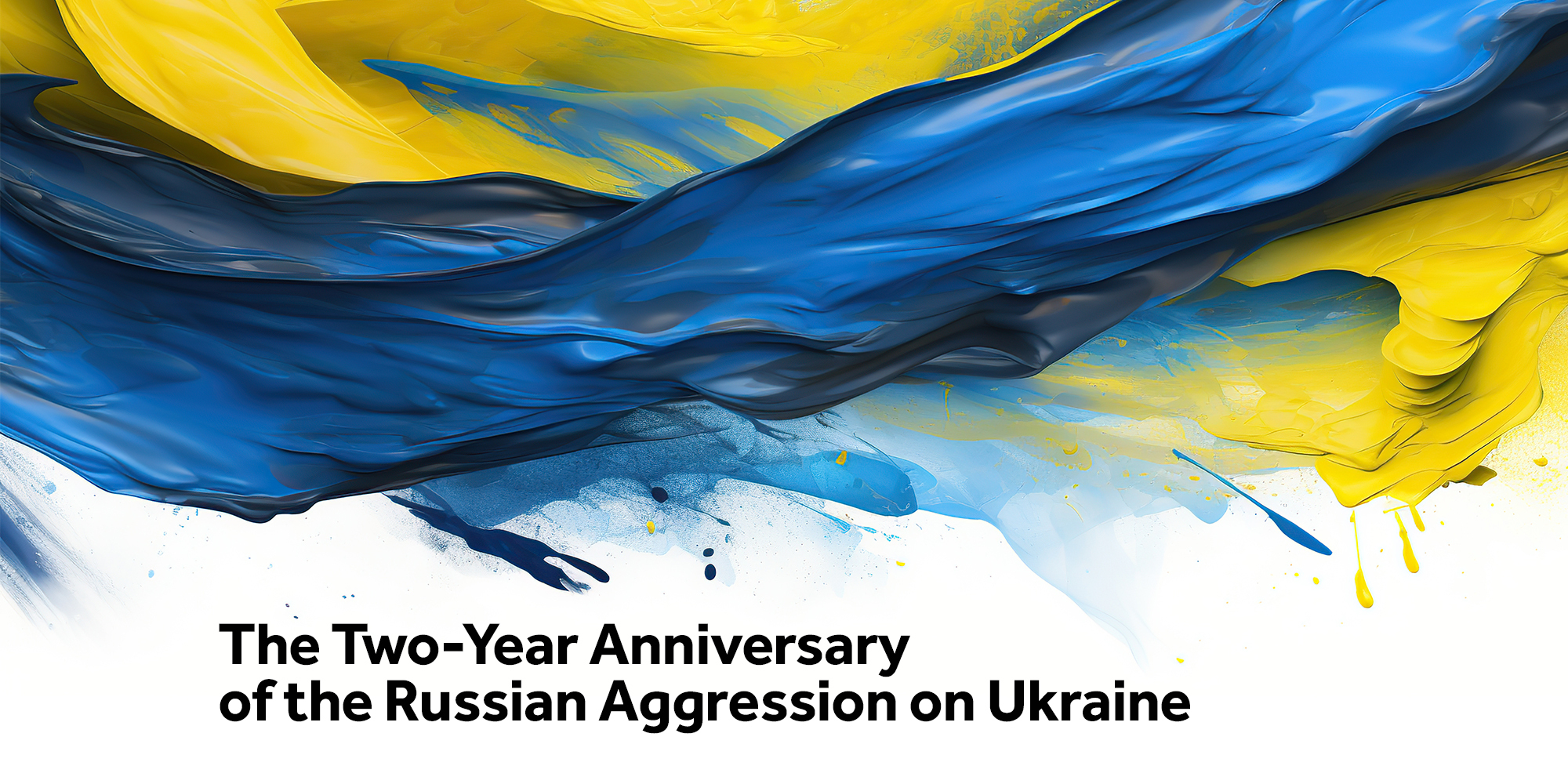
Entering the third year of Russian aggression on Ukraine, in parallel with Russian military efforts to capture Avdiivka, marks the hesitance of the West to provide adequate economic and military assistance to Ukraine. The halt in the adoption of a new aid package in the US Congress has directly affected the situation on the front […]
Tabloidization of tragedies
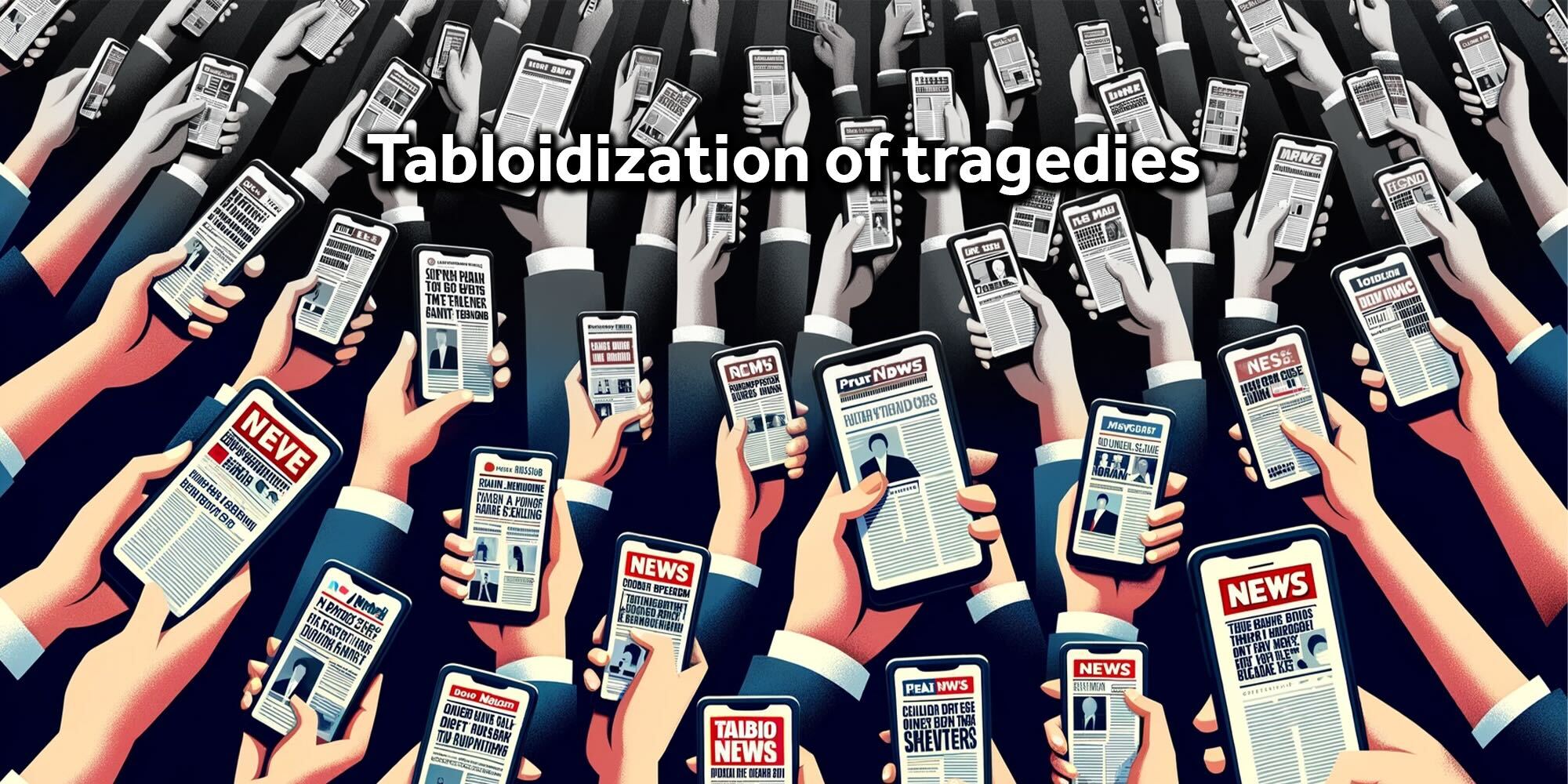
On 26 January 2023, in Podgorica, a family tragedy occurred when a retired police officer killed his wife and son before committing suicide. Most media outlets in Montenegro promptly and objectively reported on this incident, conveying official statements of the relevant authorities. However, this incident once again demonstrated the absence of basic empathy and impartiality […]
Facebook bots: manipulation and politics

The online world has become a key platform of political confrontation in Montenegro. Social media enables political parties and activists to reach a large number of people very quickly. In order to achieve the effect of increased visibility and popularity of certain materials online, these parties and activists use fake accounts, creating fictitious personalities. Such […]
Challenges of journalism in Russia

Since the beginning of the Russian aggression on Ukraine in February 2022, almost all independent media in Russia have been banned, blocked, and/or declared as foreign agents or undesirable organizations. All others are subject to military censorship. Over the past decade, Russia has used the so-called Foreign Agents Law to label and punish critics of […]
Behind the European Scenes: A Network of Power and Influence

With the election of the 44th Montenegrin government and the constitution of the new parliamentary assembly, the issue of Russian influence has been further emphasized. Despite the fact that this issue dominates public discourse, it seems that Russia’s actions through proxy actors have not been sufficiently and adequately presented to the wider public. The statement […]
Falsifying history: The Hidden Agenda

In recent years, Montenegro has been facing the challenge of preserving antifascist values amidst the rise of the extreme right in the wider region of the Western Balkans. This trend has been further fuelled by the participation of far-right movements in the governments of Serbia, as well as Montenegro. Additionally, there is an observable growing […]
Manipulation of Montenegrin Cultural Heritage
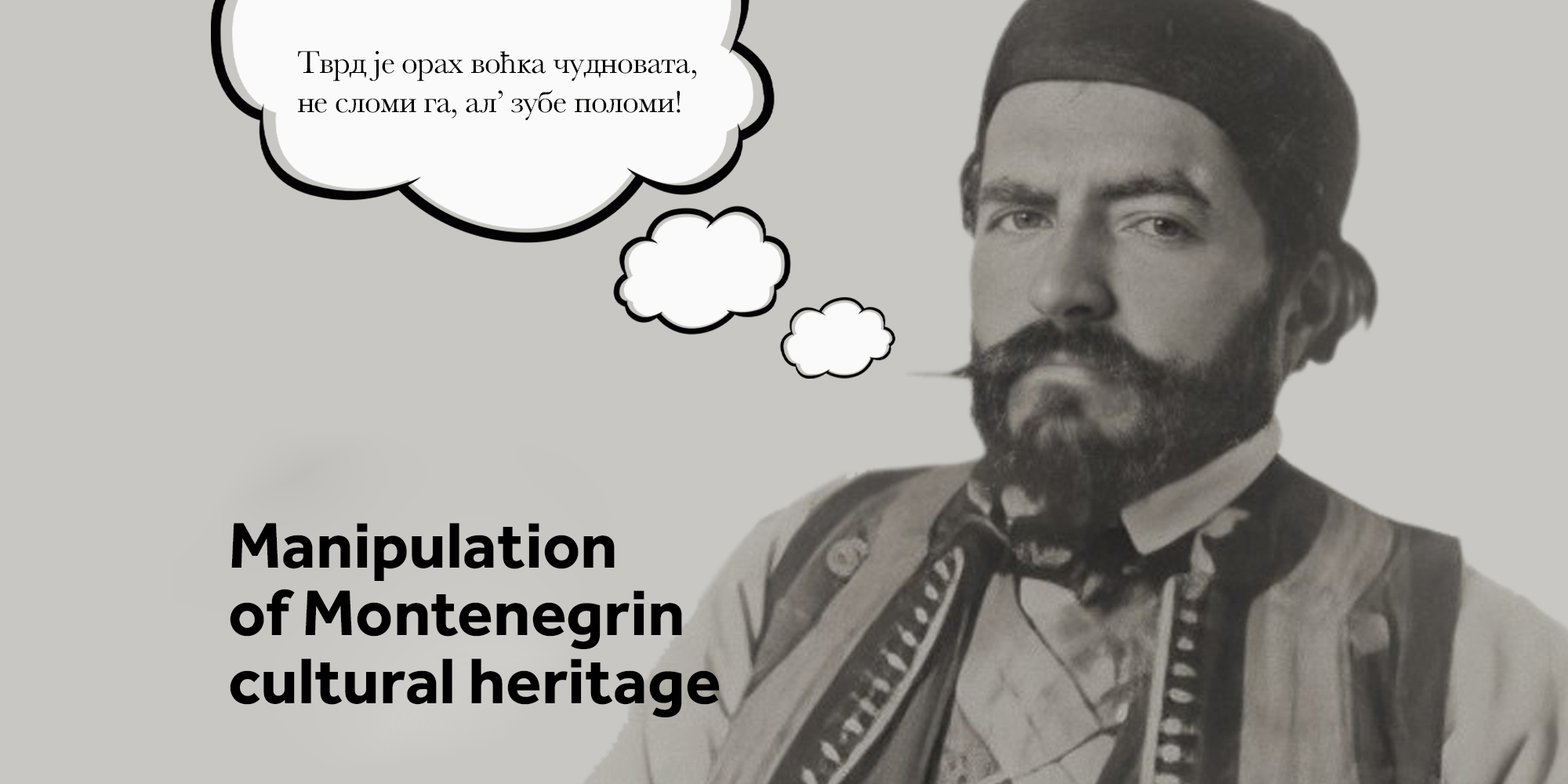
Montenegro faces information manipulation and narrative shaping that pose serious challenges, especially during significant socio-political events. These processes have a goal – to provoke emotional reactions among citizens and further deepen social polarization, as well as to incite ethnic tensions and fuel nationalism. The Digital Forensic Center, in its studies and analyses, has pointed out […]
Humanitarians and/or extremists
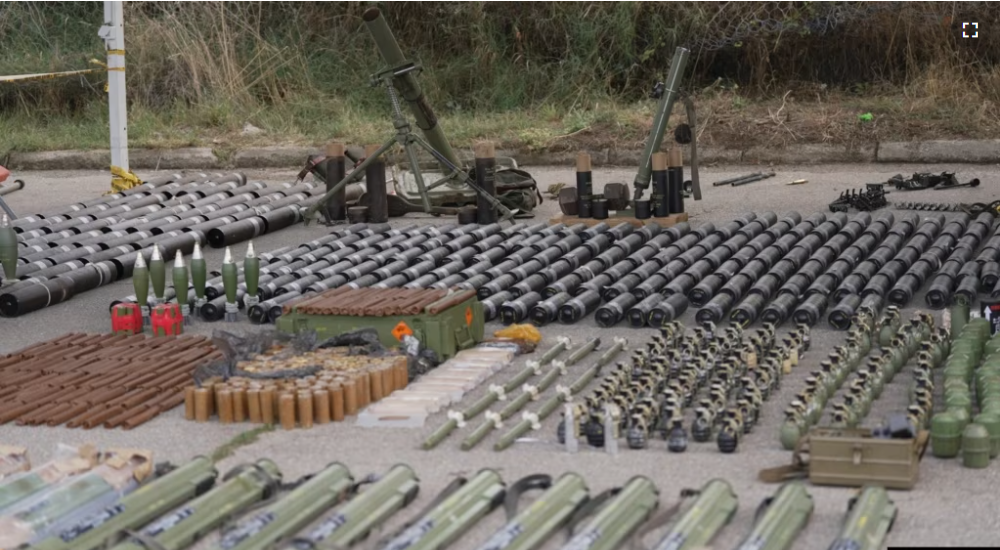
Far-right pro-Serbian organizations have been trying to establish a prominent role in the socio-political life of Montenegro for an extended period. Their activities were particularly noticeable during significant events in the last four years – religious processions, parliamentary and local elections, the enthronement of the Metropolitan, as well as a large number of protests. Apart […]
DFC study: Fighting for democracy in the era of digital authoritarianism
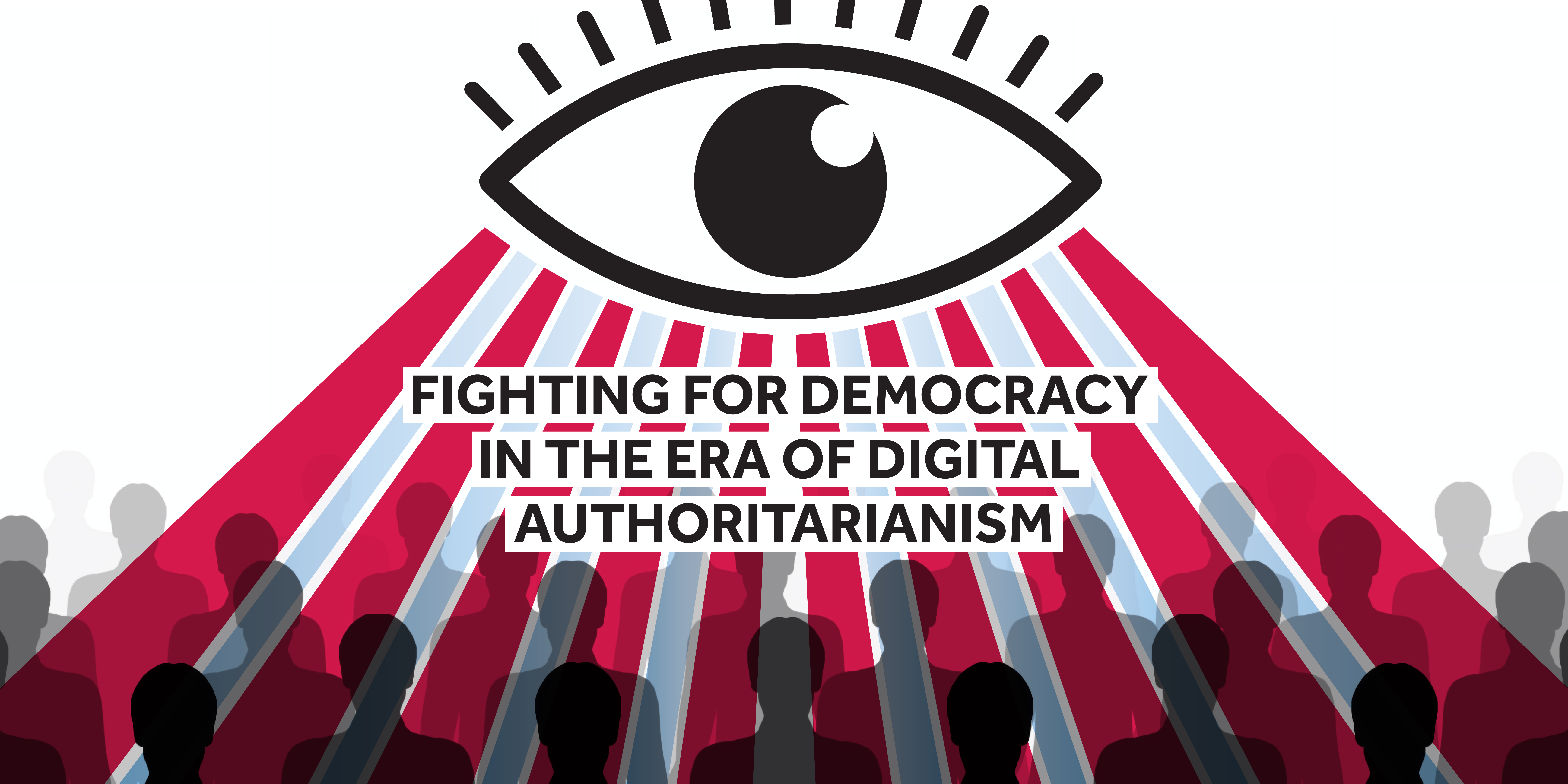
A new study by the Digital Forensic Center entitled Fighting for Democracy in the Era of Digital Authoritarianism study aims to highlight the phenomenon of digital authoritarianism and the misuse of social media by authoritarian regimes, demonstrating the tactics they employ and how they impact democratic processes and institutions. The goal is to contribute to […]
